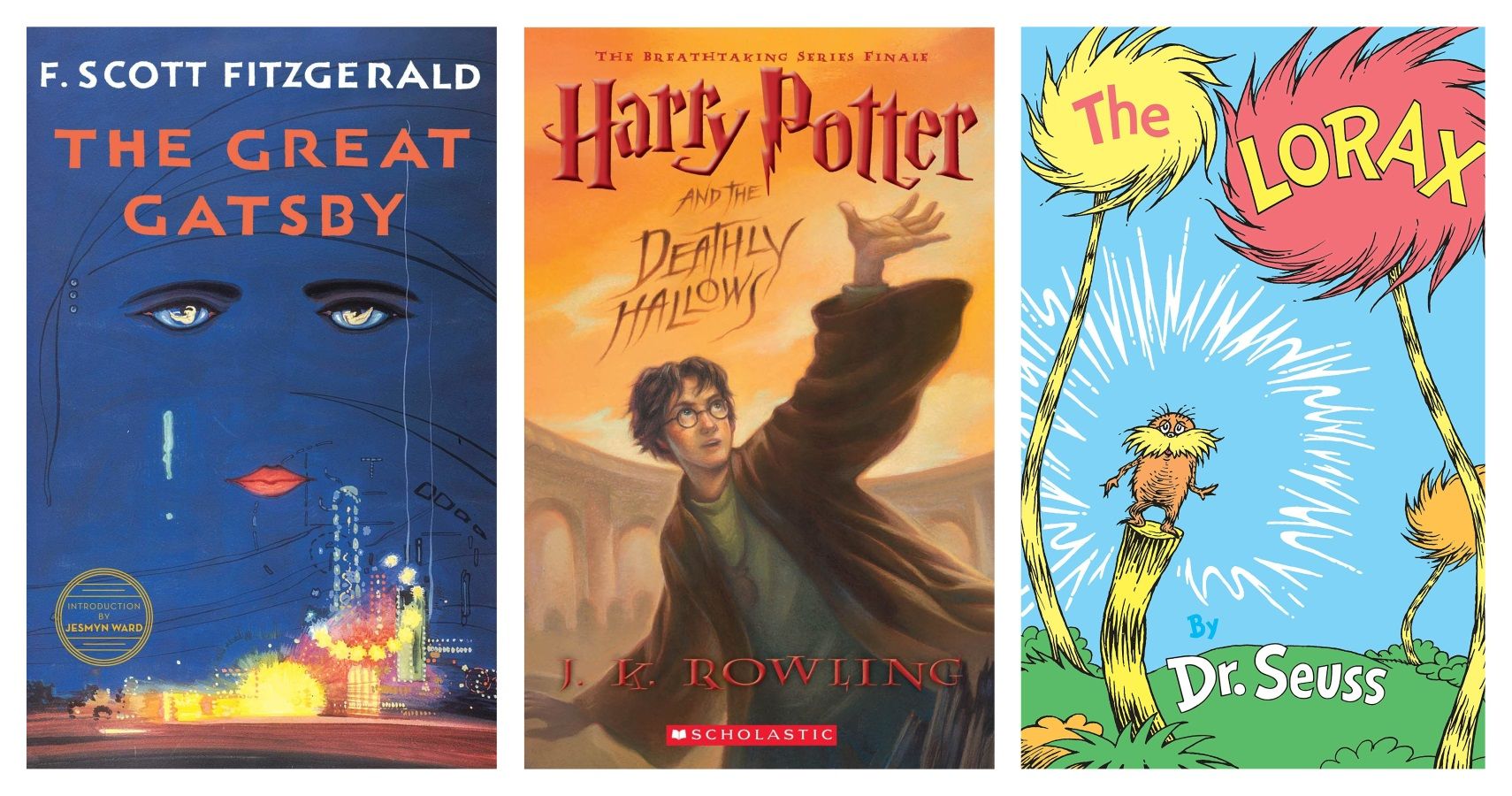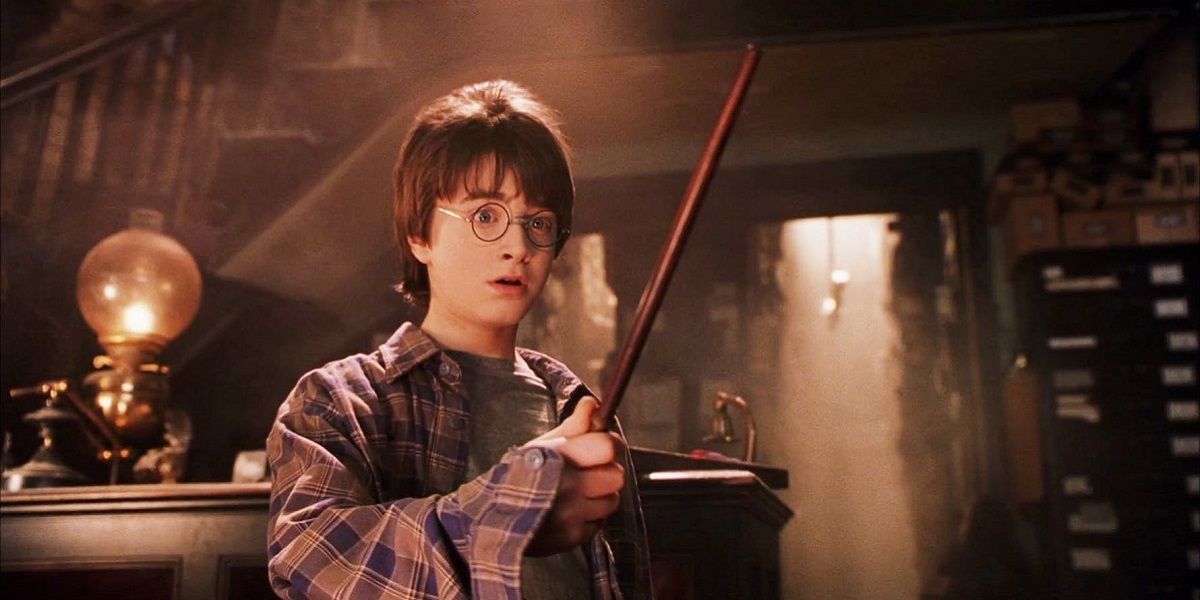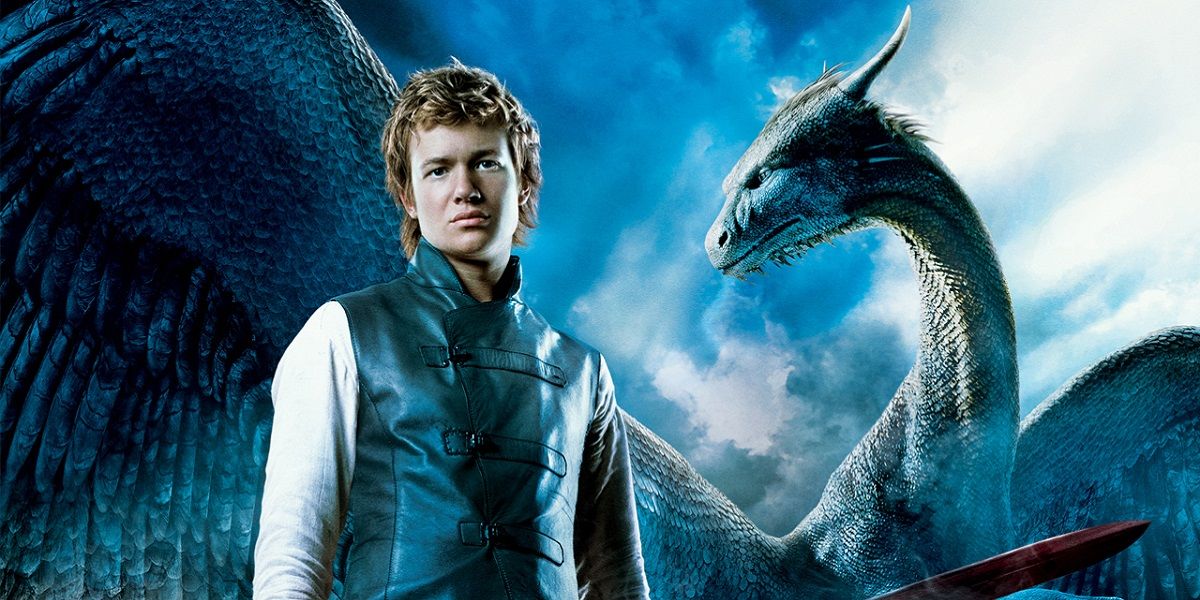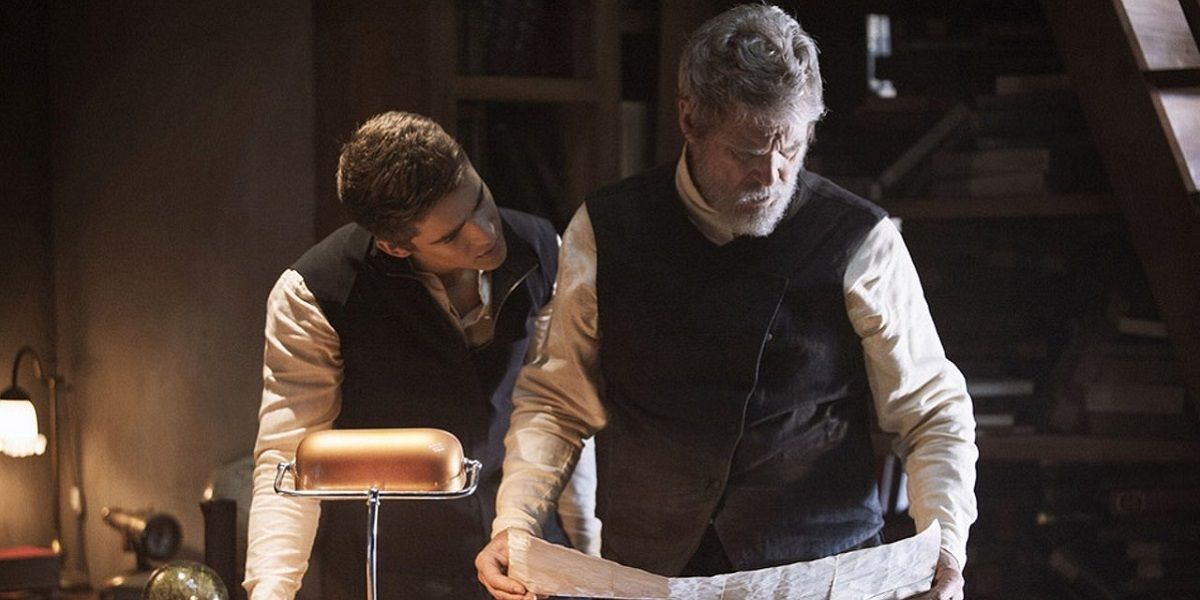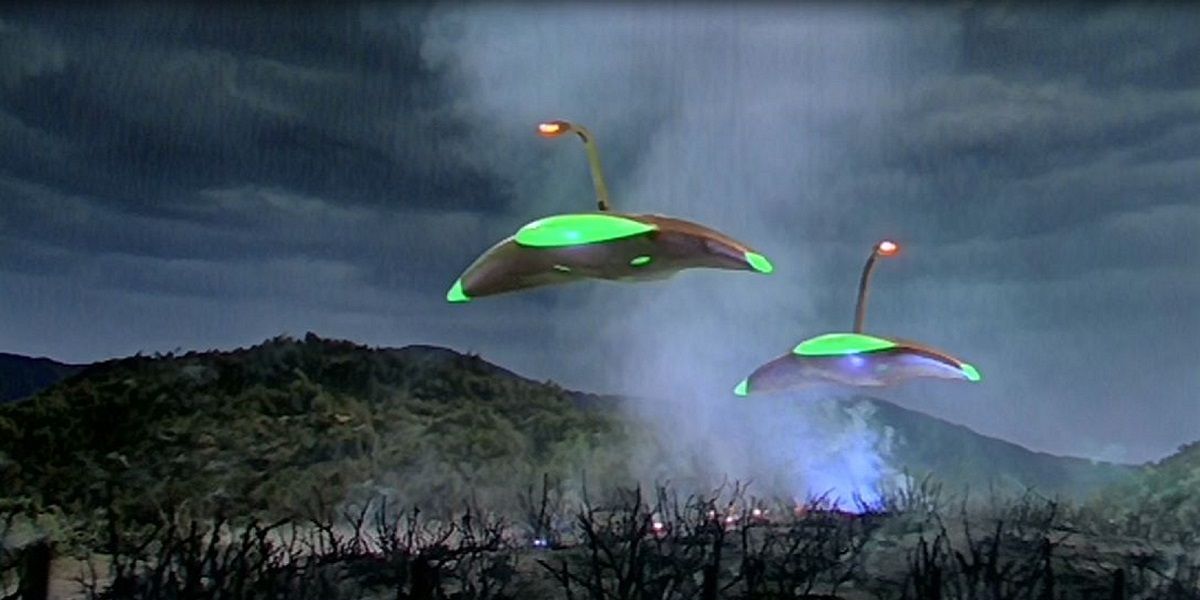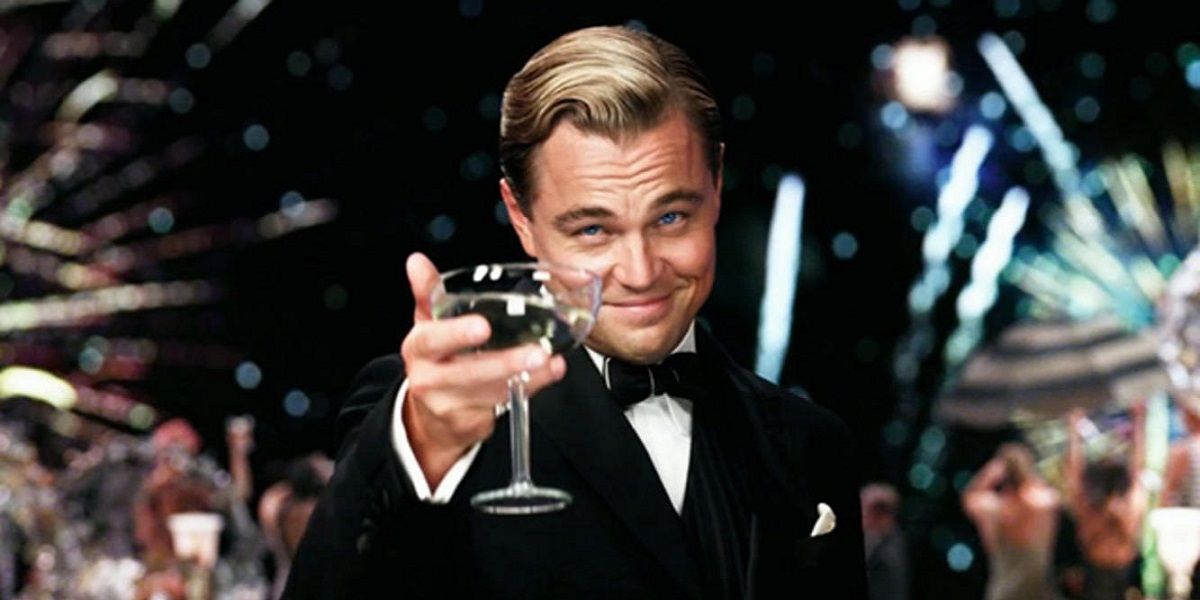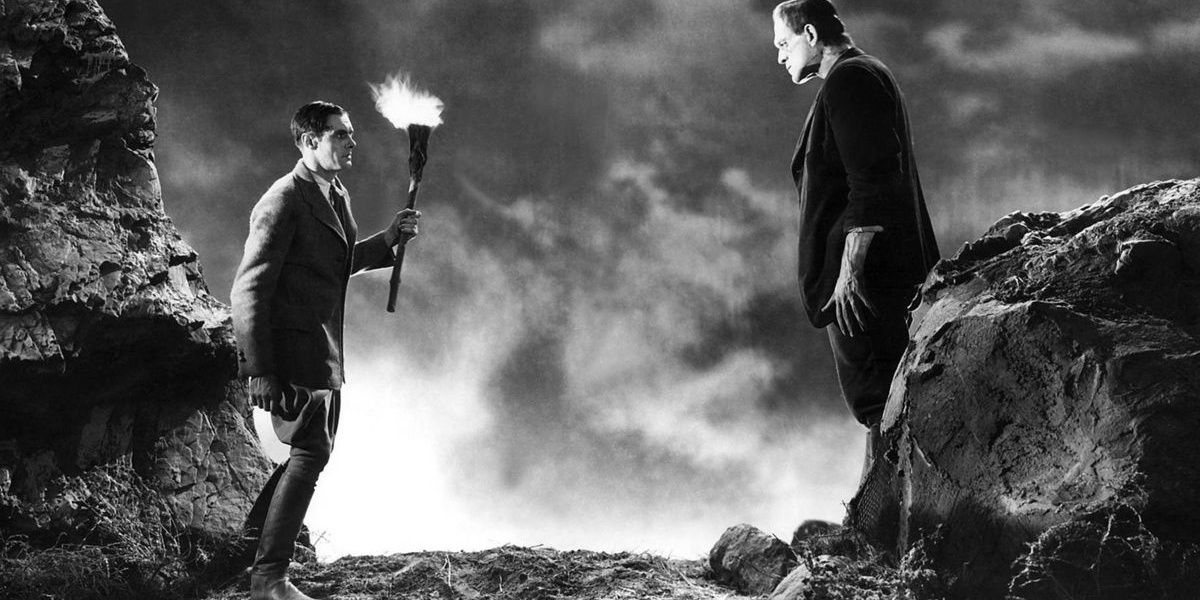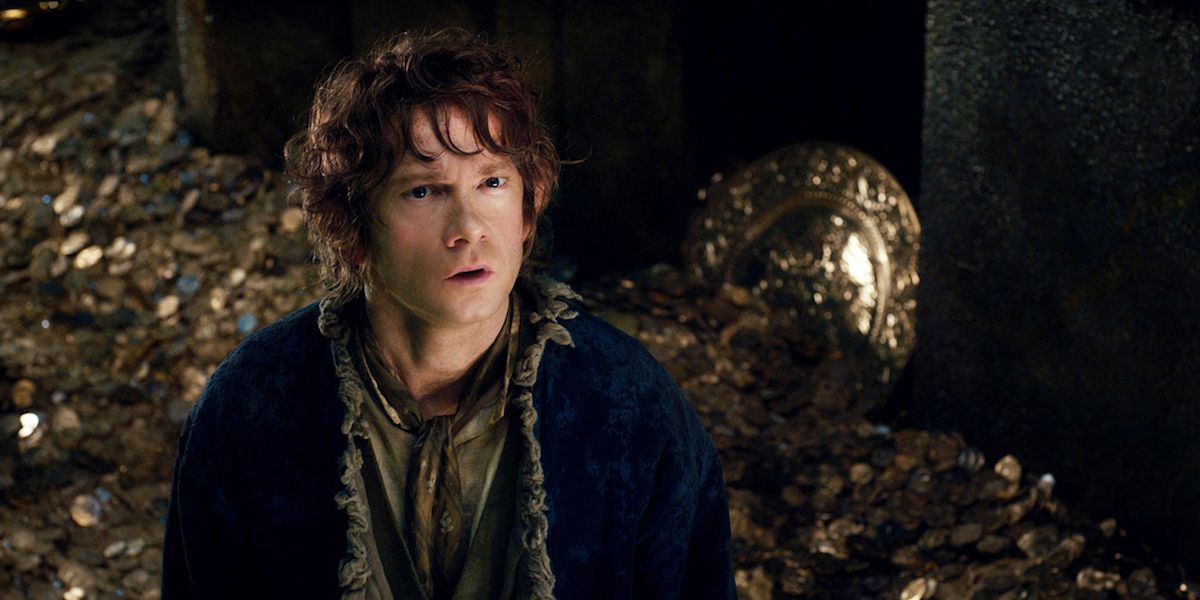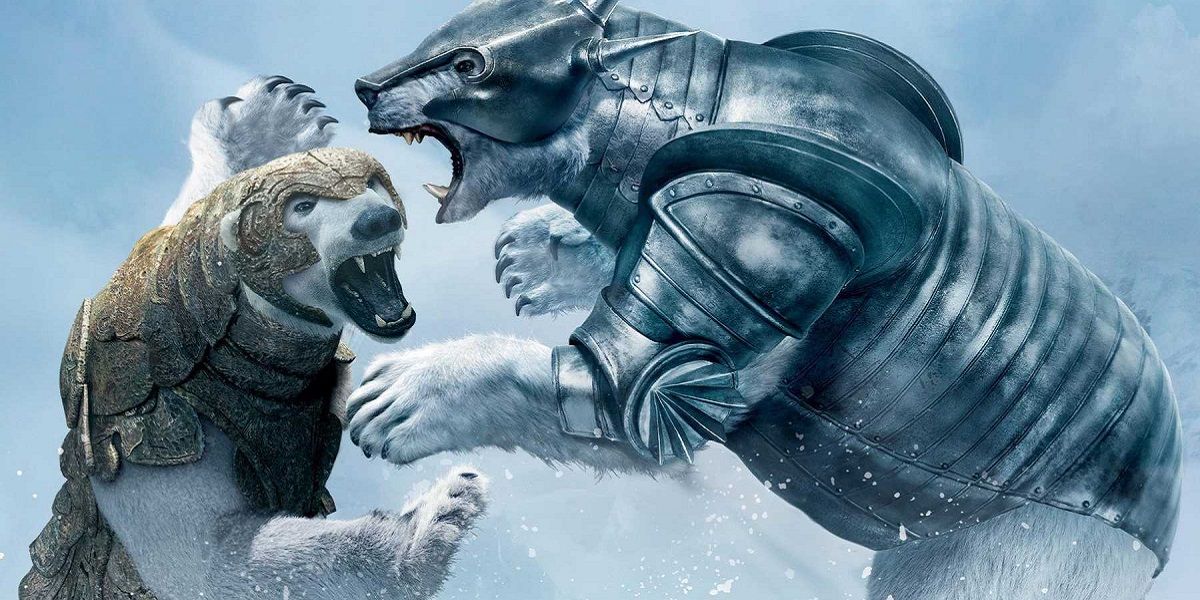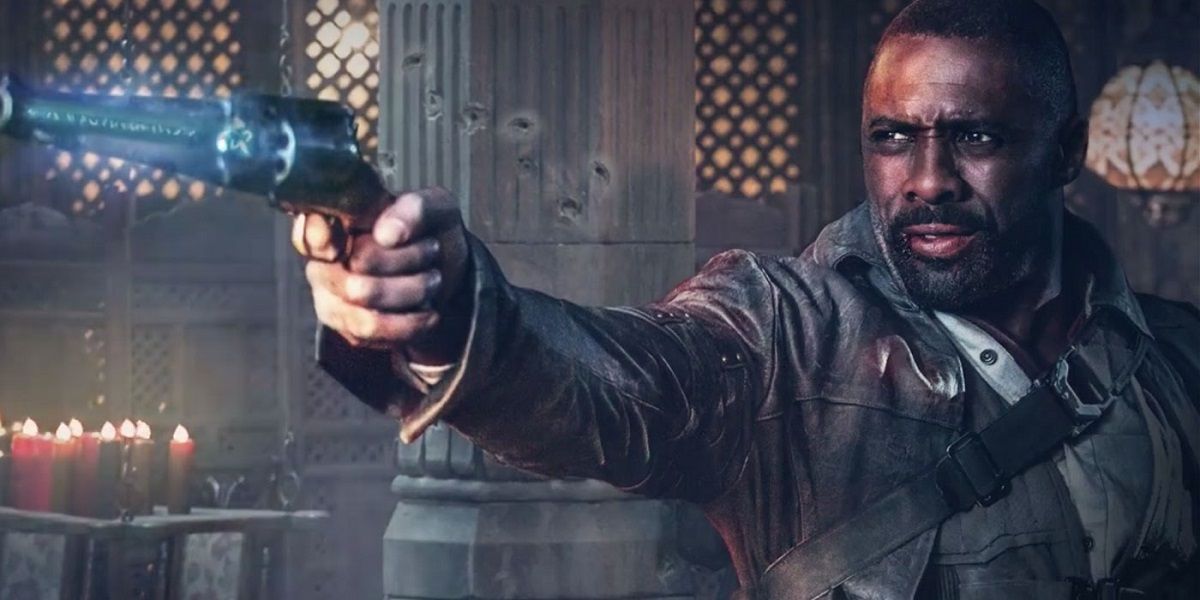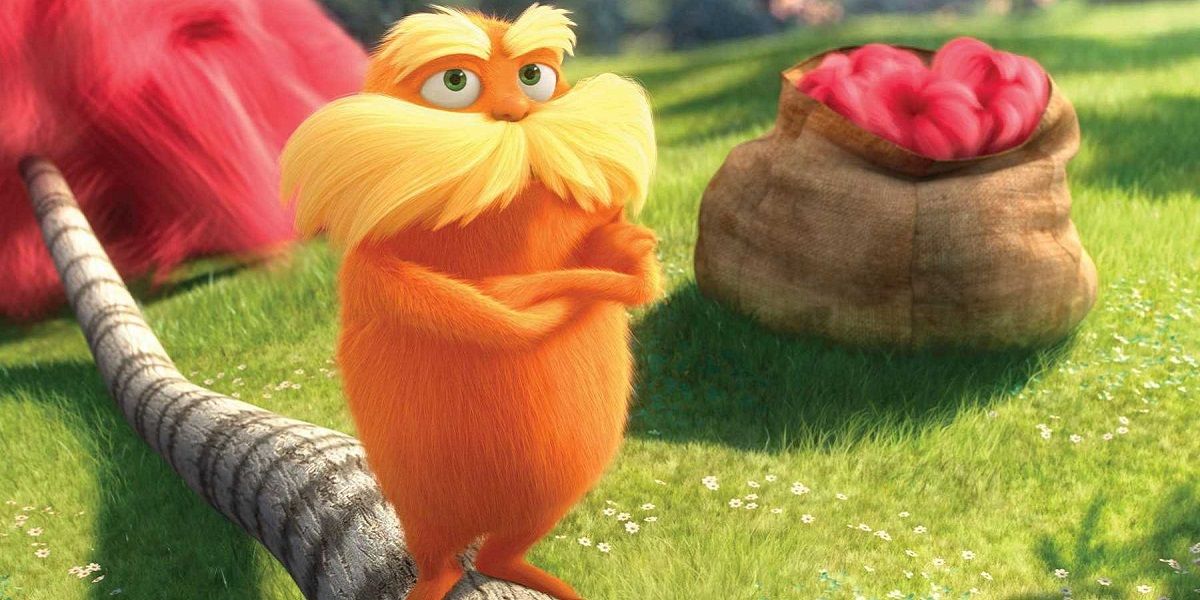Ask any bookworm what they thought of a movie adaptation of a book, and they're very likely to complain. At times though, the complaints are more than warranted. Sometimes a film can overstretch or cut out detail, completely fail to understand the point of a story, or not capture a good visual representation of what an author was describing.
Here are 10 books that have had questionable or weak film adaptations. This will stick to film, and not television. While not all the adaptations were downright dismal, they could be underwhelming.
Harry Potter Series
Time to get the obvious one out of the way first. The Harry Potter movies (not including Fantastic Beasts) are, on the whole, a pretty great franchise. That being said, starting with The Goblet of Fire, the films began to seemingly rely on the audience to have already have taken the time to read the books, and began to cut out critical details and characters to save screentime.
And at times, those changes made sense. But the films kept taking side steps, which kept shoehorning in or omitting book details and expecting their movie audiences to just accept it.
The Inheritance Cycle
To say in short, "The Inheritance Cycle" series is pretty decent, if a little derivative. The first book, Eragon, got a film adaptation just a few years after its debut and was tackled by a visual effects supervisor-turned-first (and only) time director, Stefen Fangmeier.
Unfortunately, the film was, in short, utterly dull. For what was supposed to be the first entry in an entire fantasy franchise, it certainly started off with the wrong foot. The film was filled with endless exposition, vapid dialogue, and tepid performances, leading to a cancellation of any sequels.
The Giver
The young adult dystopian novel by Lois Lowry was just what it needed to be; a novel aimed at tweens, aiming to show the importance of expression and emotion. It's sort of like Fahrenheit 541 with training wheels. In 2014, a film adaptation came to the big screen, but it was underwhelming. And to be an underwhelming movie of a "perfectly OK" book isn't exactly something to strive for.
Jeff Bridges did a good job starring as the titular character who passes memories to his ward in a society that has forgotten/erased them, but the film added a needless emphasis on a romantic subplot and wraps a little too quickly in a 97-minute runtime.
The War Of The Worlds
H.G. Wells' classic book has seen many adaptations over the years in all forms; TV specials, musicals, films, and one hell of a radio broadcast. The two most noteworthy adaptations are the 1953 version and the 2005 Steven Spielberg film. Both are American-based films in modern settings, as opposed to the novel's setting in Victorian England. The 1953 version is a little pro-Christianity (while H.G. Wells was secular) and doesn't have tripods (rather, ships), but boasts spectacular effects for its time and gets the gist of the story. It's just not that deep, though.
The Spielberg film has perfect tripod designs and an amazing start, but the momentum grinds to a half-halfway through the film and has a sort of an unearned optimistic surprise in its ending. The post 9/11 imagery is brilliant, as is the tension. But it's tough to endure about two hours of almost nonstop screaming Dakota Fanning.
The Great Gatsby
The only reason anyone saw the Baz Luhrmann adaptation of the classic F. Scott Fitzgerald novel was because they were made to read it in high school. Sure, the film looks nice, but it fails to sink in any genuine emotion so much as just adapting the surface level moments of the book. It's a classic case of style over substance.
The parties are glamorous and cool, but try to find a scene that lasts more than 5 seconds before the film cuts to another; there's no time to breathe or rest, especially on emotion. It's like someone screaming in your face; you don't care what the point of their words is, because you're a bit preoccupied with the proximity of the spit coming from their mouth.
Frankenstein
Mary Shelley's classic gothic novel is one of the best books ever written. It is a perfect fusion of Gothic and Romantic storytelling, and could arguably be the first true science fiction novel, written over 2 years, starting when Shelley was just 18. It has been on screen numerous times, and most movies have dropped the ball on it, and even the great adaptations simply don't do the novel justice.
The classic Universal films are fantastic, but make drastic changes from the book, dumb down the monster, and are a little too simple at times. The Kenneth Branaugh Mary Shelley's Frankenstein tried to be more loyal to the novel, but was pretty over the top and featured some cheesy directing choices.
The Hobbit
Peter Jackson adapted JRR Tolkien's Lord of the Rings downright perfectly. In fact, the films are arguably even better than the book in their presentation and execution. Unfortunately, the same cannot be said for The Hobbit. Maybe Jackson was just winded and a bit out of it. Maybe it was the production woes. The decision to focus on CGI more and ignore practical effects was disappointing.
The decision to split the film into a trilogy instead of a 2 parter (or even a single film) didn't help whatsoever, stretching out the story. Regardless, The Hobbit films started off fine enough for some, but many of even the most hardcore fans couldn't really bear Battle of the Five Armies, which was essentially a boring 3-hour video game fight cutscene. At least the cast was great.
"His Dark Materials" Series
Recently, "His Dark Materials" got the HBO series treatment, which is probably for the best when adapting any long-form book franchise. But in 2007, the first book in the series, "The Golden Compass," got a film treatment. Following the re-introduction of the fantasy genre to modern audiences with franchises like The Lord of the Rings and Harry Potter, many movies and books tried to cash in as well. Eragon, Ella Enchanted, The Chronicles of Narnia, The Spiderwick Chronicles, and several others, just to name a few.
Out of all of those, The Golden Compass was probably the most boring and forgettable entry, which is saying something. The film was fast-paced and simplified to the point of being hard to follow.
The Dark Tower Series
For every great Stephen King adaptation, there are several bad ones. Sometimes, the bad ones can be pretty fun despite their flaws. And other times, they can be soul-draining and boring. The Dark Tower is one such example of the latter. The decision to take the Dark Tower series and turn it into a film in lieu of a series was baffling, especially considering the massive influence King has.
"The Mist" got a series, but the Dark Tower didn't? And to make matters worse, the film was an incredible snooze-fest and barely ran at an hour and a half, not nearly enough time to flesh out anything in such a complicated tale.
The Lorax
Poor Dr. Seuss has probably rolled over in his grave so many times that the coffin just perpetually rotates like a rotisserie chicken on display. But out of all the disrespectful or questionable films that have tried to cash in on the Seuss hype, none are quite so offensive as the Illumination adaptation of The Lorax. Where to begin? The Illumination animation is, as always, generic and lifeless. The message of taking personal responsibility is tossed out the window and instead blames the world's problems on a singular evil businessman.
The movie makes the real-life impending environmental disaster seem like a fantasy with an easy solution that everyone can sing Kumbaya to. And to make matters worse, the film's advertising campaign even promoted cars as "Lorax approved!" Sure, the memes born from the movie were funny...but at what cost? Then, Illumination made an even worse film adaptation not much later: The Grinch. At least The Lorax had Danny Devito going for it.

